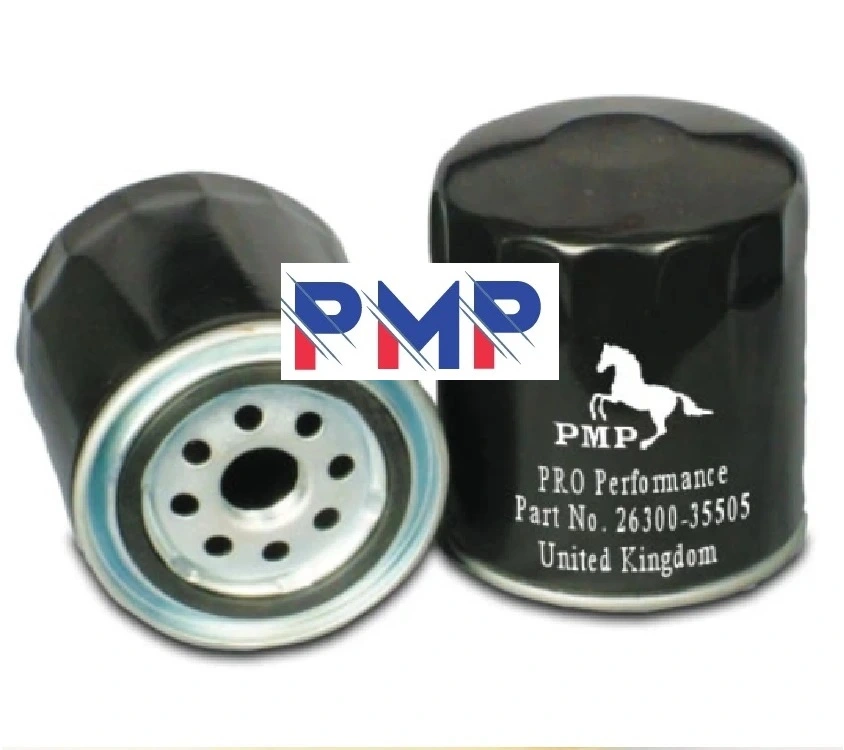
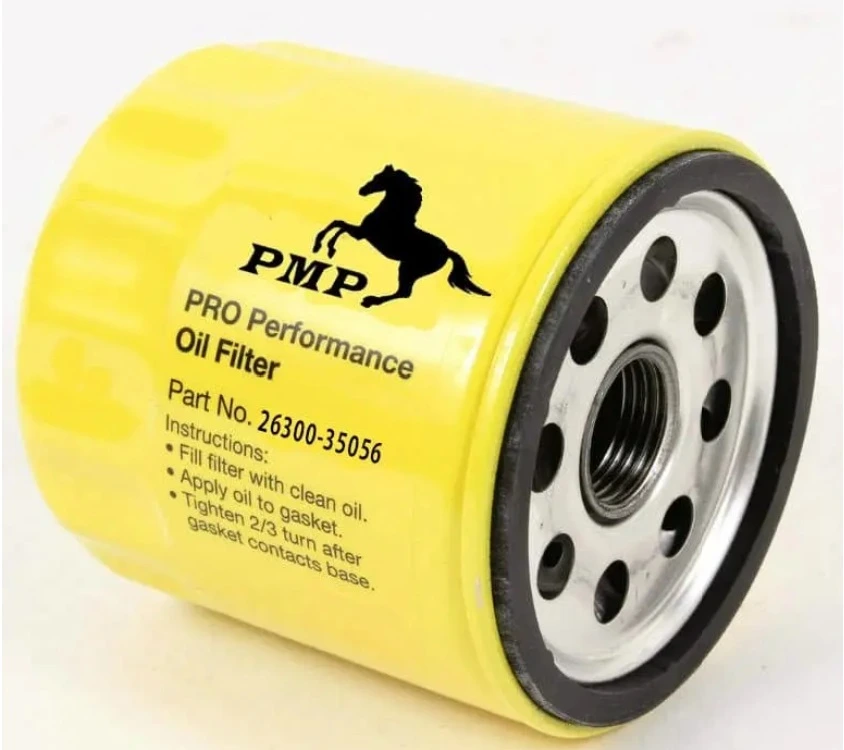
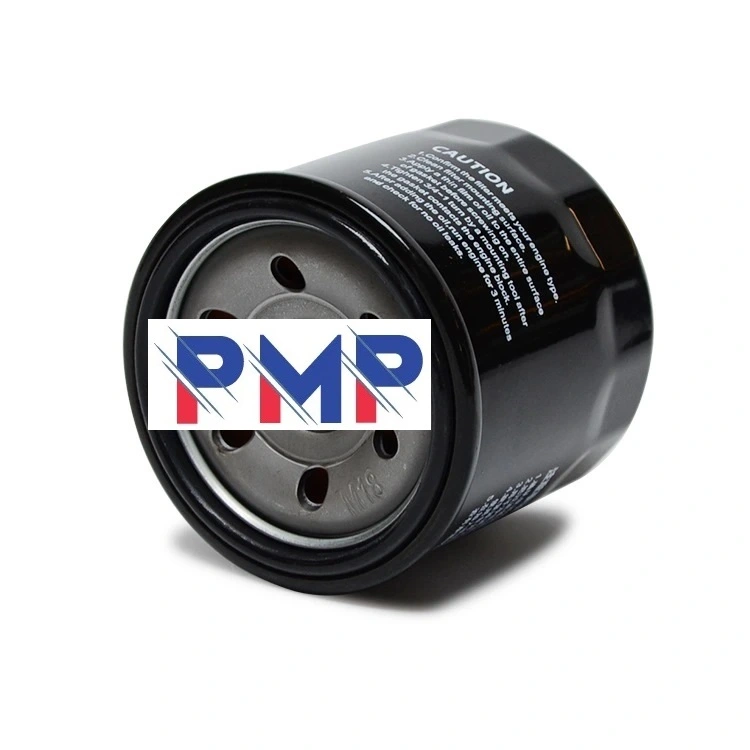
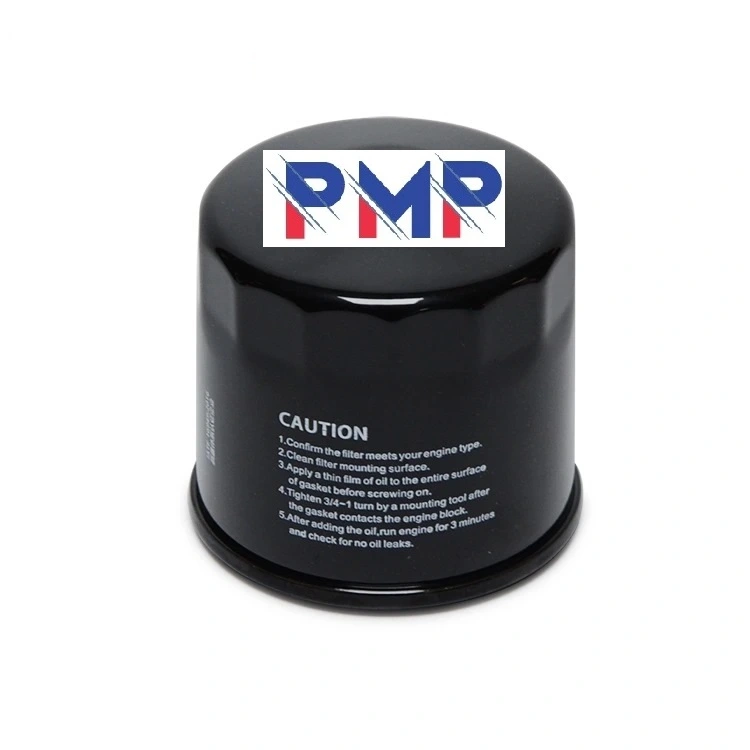
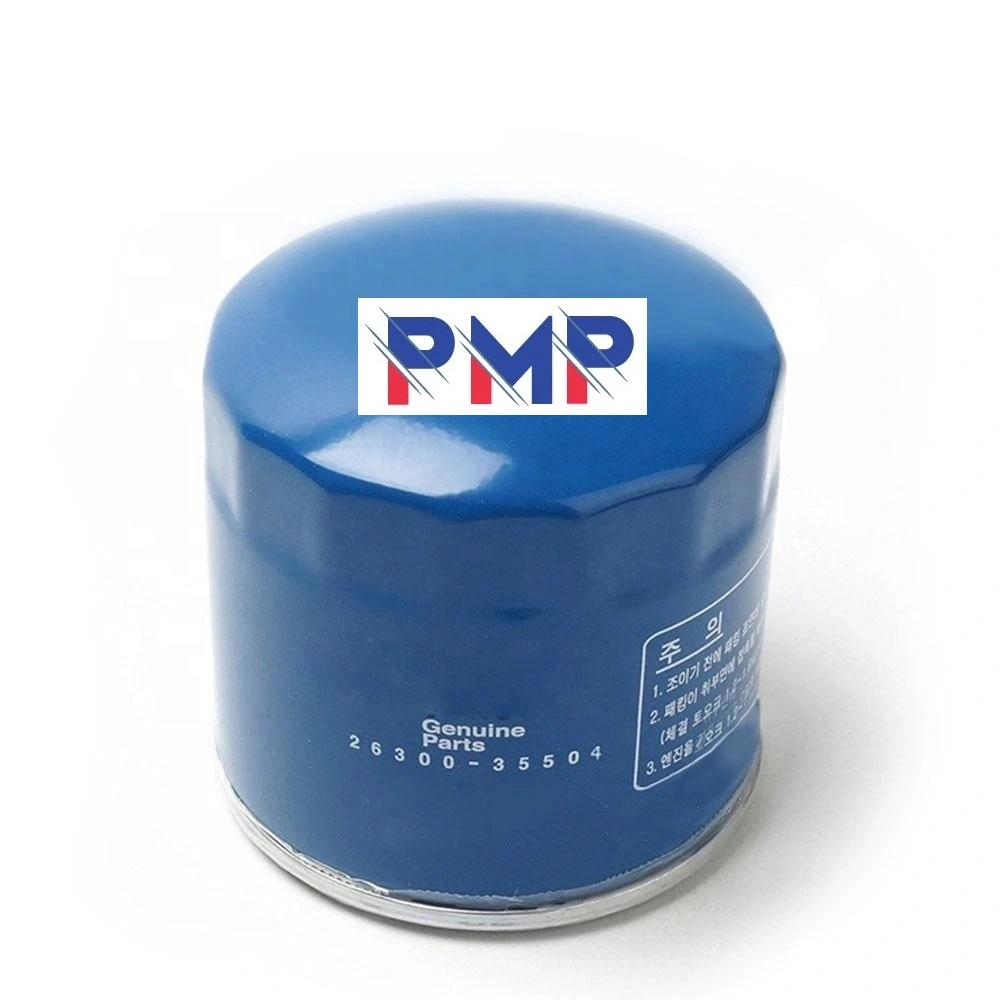
Discover the best oil filters designed to enhance engine performance and longevity. Our premium oil filters trap harmful contaminants, ensuring smooth engine operation. With advanced filtration technology, they prevent sludge buildup and reduce wear. Choose from synthetic, conventional, or eco-friendly oil filters for optimal protection. Regular oil filter changes improve fuel efficiency and engine health. Upgrade to a high-quality oil filter today for unmatched durability and performance.
Replacing oil filters every 3,000 to 5,000 miles ensures peak engine efficiency. Dirty oil filters restrict flow, causing engine strain and reduced lubrication. Synthetic oil filters may last longer, up to 7,500 miles. Always follow manufacturer recommendations for oil filter changes. Neglecting replacements leads to clogged filters and engine damage. Regular maintenance with quality oil filters extends engine life and improves fuel economy.
Synthetic oil filters offer superior filtration, capturing smaller particles than conventional filters. They withstand extreme temperatures, ensuring consistent performance in harsh conditions. Synthetic media resists breakdown, providing longer service intervals. These oil filters enhance engine protection and reduce maintenance frequency. Their durable construction prevents leaks and filter collapse. Investing in synthetic oil filters means better engine cleanliness and efficiency.
Oil filters remove dirt, metal particles, and contaminants from engine oil, preventing abrasion. Clean oil reduces friction, improving fuel efficiency and horsepower. A clogged oil filter forces bypass mode, allowing unfiltered oil circulation. High-efficiency oil filters trap more debris, enhancing engine longevity. Regular oil filter changes maintain proper oil pressure and lubrication. Protect your engine with reliable oil filters for smooth, damage-free operation.
High-mileage oil filters feature reinforced seals and anti-drainback valves to prevent leaks. They contain specialized additives to condition older engine seals. These oil filters provide extra filtration for engines with wear and tear. Look for brands offering extended-life oil filters for older vehicles. Regular oil filter changes prevent sludge buildup in high-mileage engines. Choose oil filters designed for durability and enhanced engine protection.
Eco-friendly oil filters use biodegradable materials and sustainable manufacturing processes. They meet strict environmental standards while maintaining filtration efficiency. Some recyclable oil filters reduce landfill waste. Switching to green oil filters supports eco-conscious vehicle maintenance. These filters perform comparably to traditional oil filters without harming the environment. Make an eco-friendly choice without compromising engine protection.
Spin-on oil filters are self-contained units, easy to replace but less eco-friendly. Cartridge oil filters allow reusable housing, reducing waste. Spin-on filters provide better sealing but may cost more. Cartridge oil filters often have larger filtration areas. Both types effectively clean engine oil when maintained properly. Choose based on vehicle compatibility and environmental preferences for oil filters.
A clogged oil filter causes low oil pressure, illuminated dashboard warnings, and engine noise. Dirty oil filters lead to overheating and reduced performance. Check for dark, gritty oil during changes as a clog indicator. Delayed oil filter replacement risks severe engine damage. Regular inspections prevent oil filter blockages. Always use high-quality oil filters to avoid premature clogging.
Anti-drainback valves keep oil in the filter when the engine is off, preventing dry starts. These valves maintain oil pressure for immediate lubrication. Without them, oil filters allow oil to drain, causing engine wear. High-performance oil filters include durable silicone anti-drainback valves. This feature extends engine life and reduces startup friction. Always verify your oil filter has this critical component.
Racing oil filters handle higher oil pressures and extreme conditions. They feature robust construction to prevent collapse under stress. High-flow oil filters ensure maximum lubrication during performance driving. Racing-grade oil filters often include synthetic media for superior filtration. They are designed for frequent oil changes in high-performance engines. Upgrade to racing oil filters for enhanced engine protection under load.
OEM oil filters meet exact manufacturer specifications for fit and performance. Aftermarket oil filters may offer cost savings or upgraded features. Some premium aftermarket filters outperform OEM oil filters in filtration. Always check reviews and certifications when choosing alternatives. Both types work well if they meet industry standards. Select oil filters based on quality, not just branding.
Cold weather thickens oil, increasing strain on oil filters during startup. Synthetic oil filters perform better in freezing temperatures. A clogged oil filter worsens cold-weather engine stress. Winter-grade oil filters have improved flow rates for low temperatures. Regular oil filter changes prevent cold-related engine damage. Use seasonally appropriate oil filters for optimal winter performance.
For optimal engine health, replace oil filters every 3,000 to 5,000 miles or per your vehicle’s manual. Synthetic oil filters may last up to 7,500 miles. Regular oil filter changes prevent clogs, maintain oil pressure, and reduce engine wear. Neglecting replacements risks contamination and reduced lubrication. Always pair new oil filters with fresh oil for maximum efficiency. Follow manufacturer guidelines to extend engine lifespan with timely oil filter maintenance.
Common signs include low oil pressure warnings, engine knocking, and dirty exhaust. A clogged oil filter causes overheating and sluggish acceleration. Dark, gritty oil during changes indicates filter failure. Delayed oil filter replacement leads to costly engine damage. Listen for unusual noises and monitor dashboard alerts. Proactive oil filter inspections ensure early problem detection and prevention.
Low-quality oil filters often lack proper filtration media and anti-drainback valves. They may collapse under pressure, allowing contaminants into the engine. Cheap oil filters degrade faster, requiring frequent replacements. Investing in premium oil filters ensures better engine protection and longevity. Always choose certified oil filters to avoid premature engine wear. Don’t compromise quality—your engine’s health depends on reliable oil filters.
Premium oil filters use high-efficiency synthetic media and durable components. They offer superior contaminant removal and longer service intervals. Features like silicone anti-drainback valves justify higher costs. Brand reputation and engineering also influence oil filter pricing. While budget options exist, quality oil filters save money long-term by protecting your engine. Choose based on performance, not just price.
Drain used oil filters for 24 hours before disposal to remove residual oil. Many auto shops recycle oil filters for free. Check local regulations—some areas require special disposal methods. Eco-friendly oil filters reduce environmental impact. Never landfill undrained oil filters due to contamination risks. Responsible oil filter disposal supports sustainability and legal compliance.
Bypass valves allow oil flow if the filter clogs, preventing engine starvation. They activate when oil pressure exceeds normal levels, ensuring continuous lubrication. High-quality oil filters have durable bypass valves for emergencies. Without them, a blocked oil filter could cause engine failure. Always verify your oil filter includes this safety feature for reliable performance under stress.
Reusable oil filters save money long-term but require thorough cleaning. They suit eco-conscious drivers by reducing waste. However, improper maintenance risks contamination. Stainless steel reusable oil filters offer durability but may lack advanced filtration. Weigh convenience against potential engine risks. For most drivers, high-quality disposable oil filters provide better reliability and protection.
Clean oil filters reduce engine friction, improving fuel economy by 1-2%. Clogged oil filters force the engine to work harder, increasing fuel consumption. High-efficiency oil filters maintain optimal oil flow and pressure. Regular oil filter changes ensure consistent mileage benefits. Premium synthetic oil filters enhance both performance and efficiency. Prioritize quality oil filters for long-term fuel savings.
Improper installation causes leaks, low oil pressure, and engine damage. Cross-threading the oil filter housing risks costly repairs. Always lubricate the gasket and hand-tighten before final torque. Double-check compatibility to avoid fitment issues. Faulty oil filter installation may void warranties. Follow manufacturer guidelines to ensure correct, secure oil filter placement.
Pure EVs lack combustion engines but may use oil filters in gearboxes. Hybrid vehicles still require traditional oil filters for their engines. EV cooling systems sometimes incorporate filter elements. Always consult your manual—oil filter needs vary by model. As EVs evolve, filtration demands may shift. Currently, most oil filters remain essential for hybrid maintenance.
Yes, severely clogged oil filters trigger low oil pressure sensors, illuminating the check engine light. Restricted flow strains the engine, potentially activating multiple warnings. Address oil filter issues promptly to avoid misdiagnosis. Regular changes prevent false alerts. If the light persists after oil filter replacement, seek professional diagnostics. Proper maintenance keeps warning lights off.
Turbo engines need high-flow oil filters with robust construction. Look for synthetic media and high-temperature resistance. Turbo-specific oil filters prevent pressure drops under load. Avoid budget options—premium filters protect against turbo wear. Consult your manufacturer for approved oil filter specifications. Turbo longevity depends on superior filtration and frequent oil changes.